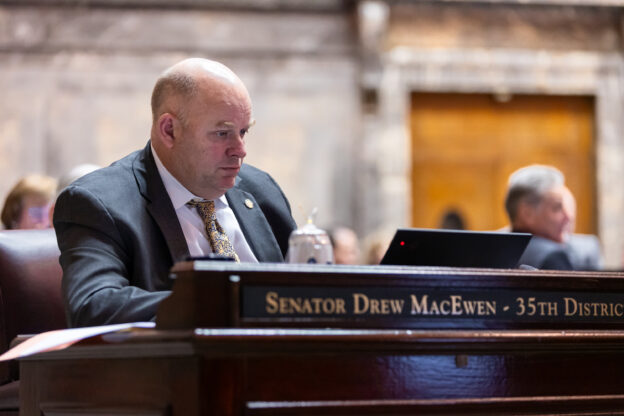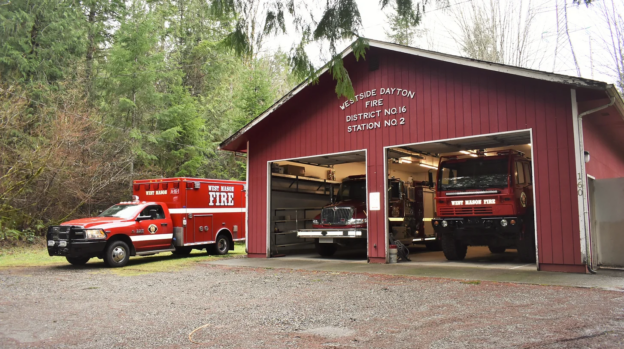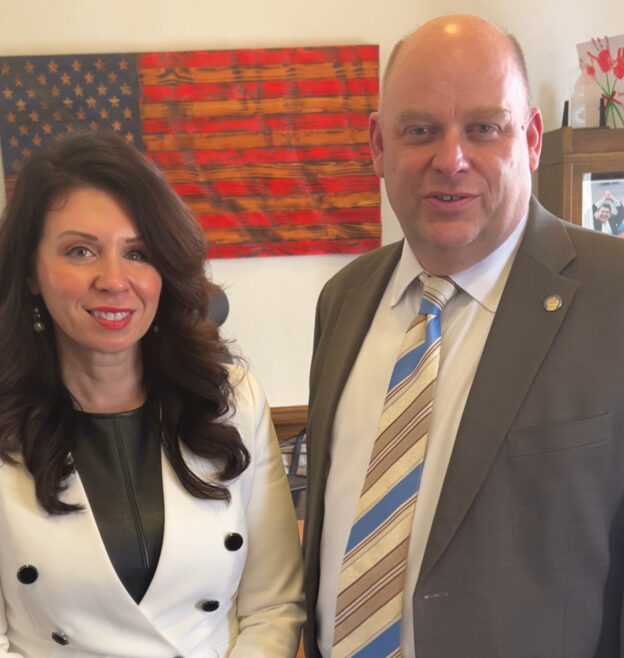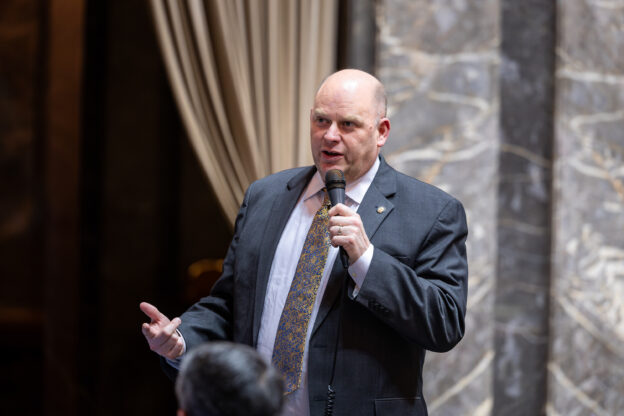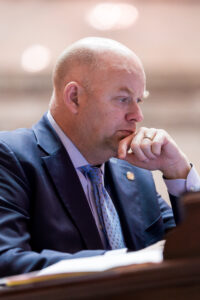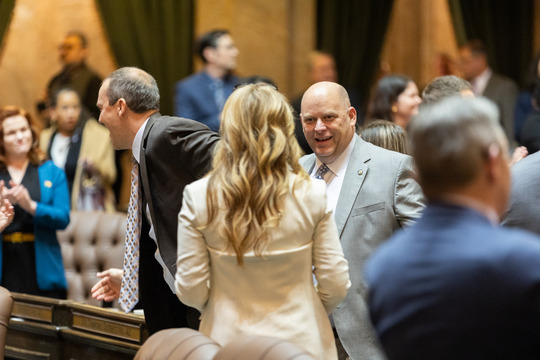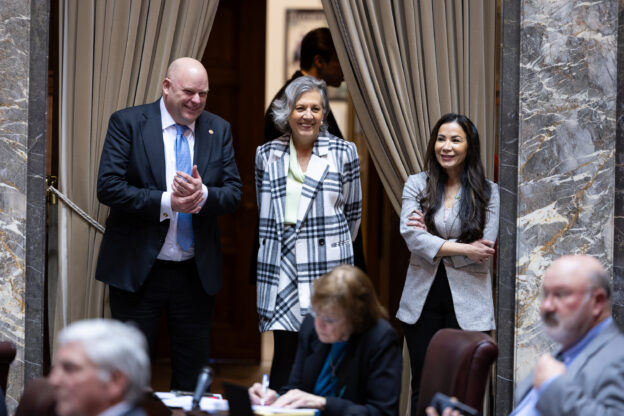Washington State Senate Deputy Republican Leader Drew MacEwen today criticized Gov. Bob Ferguson’s signing of the state’s new, nearly $78 billion, two-year operating budget, calling it a fiscally irresponsible betrayal of taxpayers.
The senator called out the governor for abandoning his inaugural-address and session-long pledges to prioritize fiscal responsibility, avoid regressive taxes, and shun budget gimmicks, asserting that the new budget will only worsen Washington’s affordability crisis.
“When Governor Ferguson stood before us in his inaugural address, many of us in the Legislature were cautiously optimistic,” said MacEwen, R-Shelton. “He spoke of tackling the affordability crisis, supporting law enforcement, and finding bipartisan solutions. Crucially, he signaled that new taxes should be a last resort, not the first choice. He even acknowledged his opposition to the budget gimmicks of the past. It was a stark contrast to the rhetoric we’d grown accustomed to from former Governor Inslee, and like many, I gave him the benefit of the doubt, holding onto President Reagan’s adage to ‘trust, but verify.’
“Today, verification has arrived, and it is deeply disappointing. The budget Governor Ferguson has just signed is not a document of reform, but a return to the unsustainable practices that have plagued our state for too long. It is a budget built on broken promises, relying on regressive taxes that will further strain the finances of hardworking Washingtonians and an intentional underfunding of our state pensions – a classic budget gimmick.”
The 35th District senator highlighted several concerning aspects of the new budget and its accompanying tax package:
- A Cascade of Regressive Taxes: The budget imposes a staggering $9.5 billion in new state taxes over four years, rising to $12.5 billion when combined with new local taxes authorized by majority Democrats. This burden is projected to equal nearly $2,000 per family of four in its fourth year. These new taxes hit businesses hard, including increased business-and-occupation tax rates on banks, and the expansion of retail sales tax to services previously not targeted, such as temporary staffing, security, and advertising. Furthermore, taxes are raised on everything from treatment providers and food banks to storage units.
- Increased Fees Across the Board: Beyond direct taxes, Washingtonians will face significant fee hikes, including doubled childcare copays, tripled per-bed license fees at nursing homes, a 38% increase in the fee for hunting and fishing licenses, and a 50% increase in the annual cost of the Discover Pass.
- Unsustainable Budget Gimmicks: Despite the governor’s stated opposition to budget gimmicks, this budget intentionally underfunds the state’s pensions, setting up future fiscal challenges and breaking another key promise.
Despite a massive influx of new revenue, MacEwen says that the new budget still cuts essential services.
“In a move that defies logic, this budget, laden with new taxes, still makes cuts to critical areas,” he said.
He pointed to the elimination of funding to assist persistently low-achieving K-12 schools and the defunding of efforts to encourage use of the victim-notification technology enabled by the Tiffany Hill Act, intended to help domestic-violence victims keep closer track of their abuser’s whereabouts. Healthcare services also face reductions, with lowered dental-payment rates for low-income children and adults and assumptions of savings from cutting maternity postpartum coverage that did not pass the Legislature.
“Governor Ferguson himself acknowledged that these tax increases and reduction of services would exacerbate the state’s affordability crisis, telling reporters that ‘It is becoming unaffordable for a lot of Washingtonians.’ Yet, he chose to sign this budget, making life demonstrably less affordable for families across our state,” said MacEwen.
“This is what happens when the Legislature is not balanced, but it didn’t have to be this way,” he asserted, pointing to the Senate Republican ‘Save Washington’ budget (SB 5810), authored by Senators Chris Gildon and Nikki Torres. “Our budget proposal offered a full-fledged, feasible alternative that included absolutely no new or higher taxes, cut no essential services, and avoided any budgeting gimmicks. The Republican budget was a better way – a fiscally responsible path forward that would have protected Washington families and businesses.
“The governor could have vetoed these unnecessary Democratic taxes. His decision to sign this budget represents a missed opportunity to deliver on his inaugural promises and a significant step backward for Washington. Republicans will continue to fight for real reform, for a truly balanced budget that respects taxpayers, and for policies that genuinely address, rather than worsen, our state’s affordability crisis. And we will continue to hold this governor accountable when he fails to keep his commitment to do the same.”











